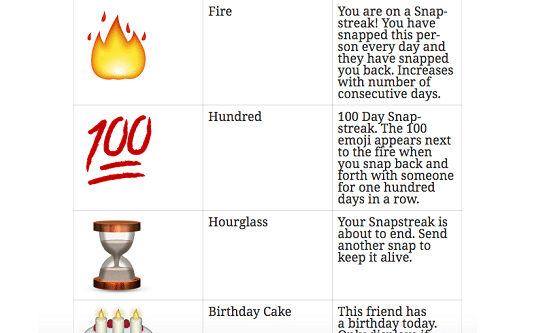
The Information Commissioner’s Office (ICO) has suggested new guidelines to protect youngsters on the internet.
The ICO is a non-departmental public body which reports directly to Parliament and is sponsored by the Department for Digital, Culture, Media and Sport.
Under the rules suggested by the ICO, are ways to prevent tech firms from “nudging” users into staying online for longer.
Facebook and Instagram does this through “likes” and Snapchat encourages people to keep posting through “streaks” – streaks count how many consecutive days two people have been sending Snaps to each other.
Another rule is that “high privacy” should become the default setting on social media accounts, unless there is a compelling reason and only the minimum amount of personal data should be collected.
Nudge techniques should also not be used to encourage children to turn off privacy techniques or provide unnecessary personal data, the code says.
A list of 16 standards social media platforms must meet will be put out to consultation from Monday, when members of the public and experts can give their opinion.
The code has been hailed as an international benchmark and a first of its kind.
Information Commissioner Elizabeth Denham said: “This is the connected generation. The internet and all its wonders are hardwired into their everyday lives.
“We shouldn’t have to prevent our children from being able to use it, but we must demand that they are protected when they do. This code does that.”
The ICO suggests that firms that do not comply with the code could face fines of up to 20 million euros (£17.2m) or 4% of their worldwide turnover under the General Data Protection Regulation.
The ICO is now seeking feedback as part of a consultation that will run until 31 May. It is envisaged that the rules would come into effect next year.
